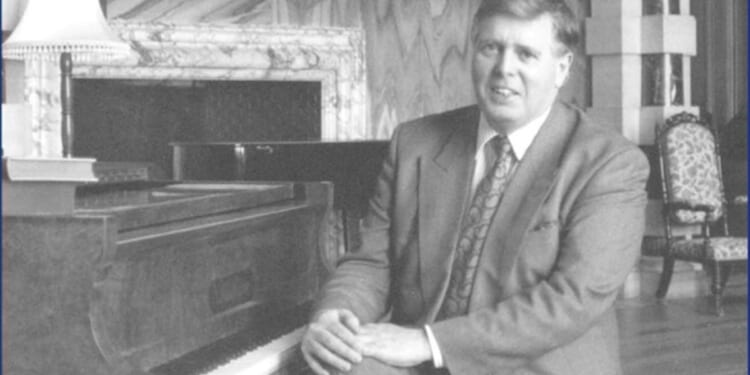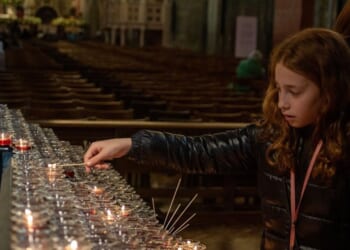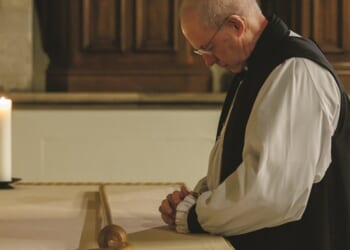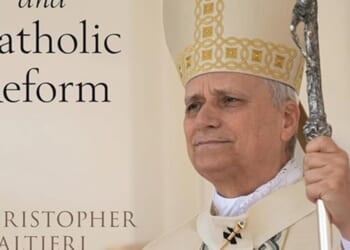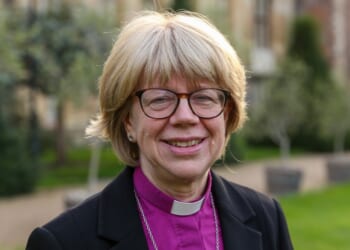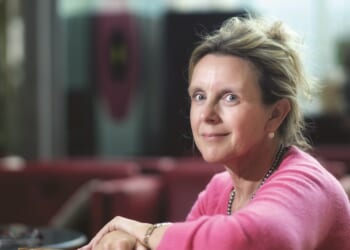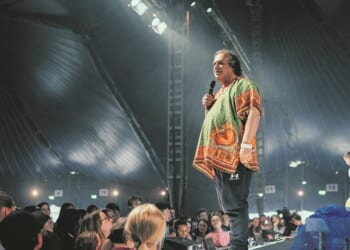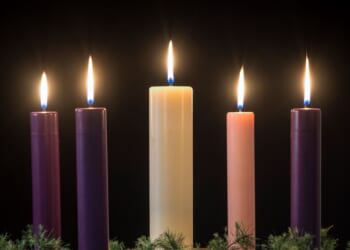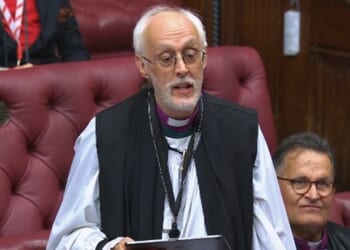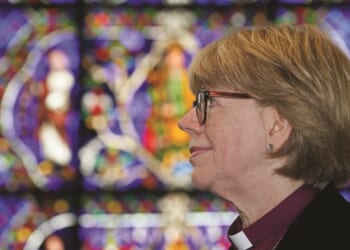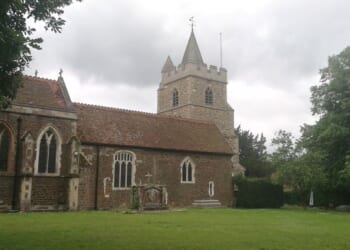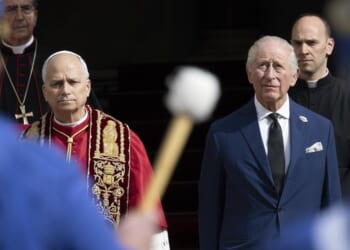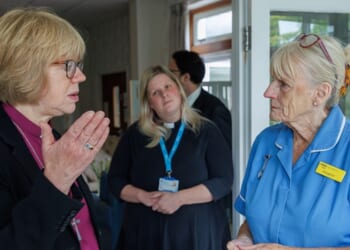THIS entertaining and heart-warming memoir covers seven decades of one of church music’s most notable figures. From his upbringing in post-war Yorkshire to his time as an Oxford organ scholar, assistant organist at Worcester Cathedral, and organist and director of music at Southwark Cathedral, to director of the Royal School of Church Music, Bramma’s memories offer a personal, social and ecclesiastical history, which gives a fascinating insight into the development of church music in 20th-century Britain, and the pivotal part that he has played in it.
The memoirs are full of wry anecdotes and observations, as when Bramma turned up for a tutorial with Bernard Rose of Magdalen without an essay, and Rose muttered: “It happens to everyone. . . Come to the buttery and I’ll buy you a drink!” The memoirs are free of cynicism, but there is honest criticism, too: ‘Though Sydney [Watson] was a fine musician, he made little impact upon the choral music at Christ Church.”
After his music degree, Bramma read theology with a view to being ordained, studying under David Jenkins (later Bishop of Durham and Mrs Thatcher’s bête noire in the miners’ strike). As doubts took over, however, music prevailed, and Bramma taught at East Retford, Nottinghamshire, before his move to Worcester Cathedral, where he was also director of music at The King’s School.
Worcester was “immensely sociable” and “Trollopian”. The “very mixed quality of lay clerks” in the cathedral was gradually raised, and the treble line, under Christopher Robinson and Donald Hunt, was “outstanding”, in Bramma’s view. To my surprise, applause was first heard at the Three Choirs Festival held in Gloucester in 1965. One disgruntled listener declared: “House of God, my foot — House of man!”
Worcestershire countryside and its hostelries seemed idyllic to Bramma, and he has as much affection for musical instruments as for the musicians who played them. Various cathedral and church organs are lovingly described. Plenty of coverage is also given to the clergy, including Deans Milburn, Kemp, and Baker at Worcester, and Bishops Stockwood and Bowlby at Southwark. Stockwood was apparently flamboyant and volatile. Described as a champagne Socialist, Stockwood quipped “It depends on the vintage.”
Moving to Southwark, Bramma took a considerable pay cut, despite the promotion. The risks were musical as well as financial, and Bramma set about rebuilding the choir, starting with 14 boys. “Half of these were musical.” They came from various local schools and soon came to call him “Harry”, an informality that he enjoyed. Within two years, the choir was singing in it first broadcast on Radio 3, and he raised the standards of both front and back rows. A fine recitalist, he became president of the Royal College of Organists and later director of the Royal School of Church Music, where “a vast range of skills were required”, and an international reach.
Bramma is thankful for good fortune and a fulfilled life of music in the service of divine worship, believing everyone to have something innately worth developing. “I have always thought of this as discovering the ‘divine’ in every child or person.” With such a generous and positive soul, no wonder he has been such a gift to the Church.
The Revd Dr Jonathan Arnold is Michael Ramsey Professor of Faith, Culture and the Arts at the University of Kent, and Executive Director of the Social Justice Network, in the diocese of Canterbury.
“Not Half Bad”: A lifetime of musical development and other stories
Harry Bramma
RSCM £22
(978-1-068766-107)
Church Times Bookshop £19.80

